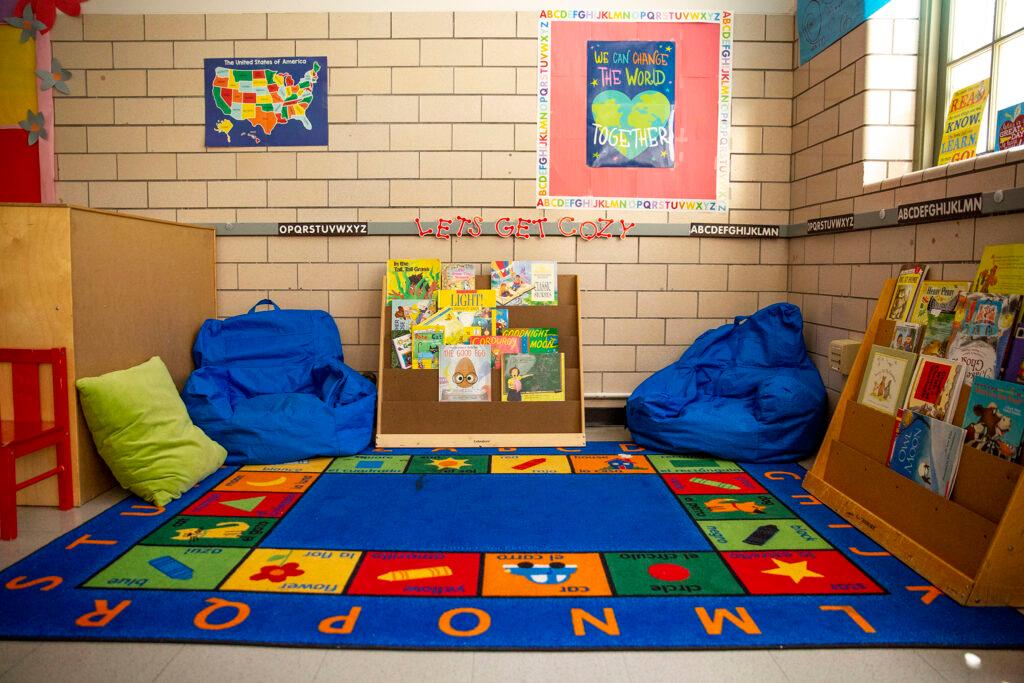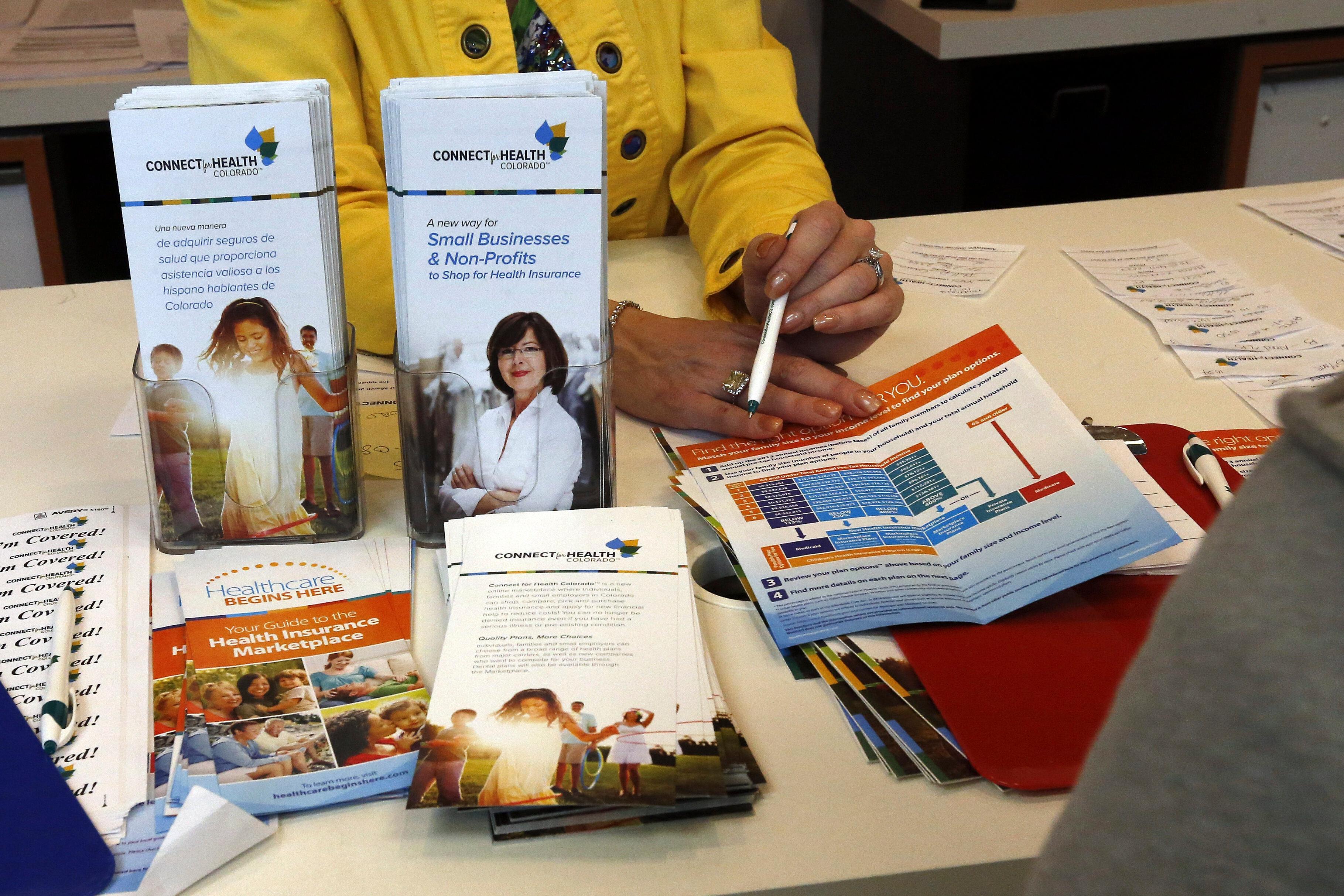
Kiley Lotz has an unusual description of her new album, "Magic Gone."
"'Magic Gone' is like putting on a hazmat suit and going in," she says. "And hoping you come out alive."
More Inside Track features from CPR's OpenAir:
- On 'Hollow Ground,' Cut Worms Is A One-Man Vocal Group
- Stephen Malkmus & The Jicks Wear Different Musical Disguises On 'Sparkle Hard'
- After Years On The Road, Hinds Are Wiser And Stronger On 'I Don't Run'
- Parquet Courts Prove They're No Slackers On 'Wide Awake!'
- Bad Licks Channel Anger Into A Timeless Rock Sound On Debut EP
She confronts some painful topics on “Magic Gone,” her second album as Petal. Her songs deal with paranoia, resentment of the music industry and her lifelong battle with anxiety and depression.
It was a tough record to make. She even had to stop writing it at one point.
"In the midst of touring so much and trying to come to terms with all those things that were untouched for 25 years, it was just a recipe for a nose dive," she says.
Lotz eventually took a long break from her music. She moved back to her home state of Pennsylvania to enter intensive treatment for her mental health.
That experience shaped the music on “Magic Gone.” The album is split into two parts: Songs she wrote before treatment, and songs she wrote in recovery.
"When you listen to the record you hear that split of very weary and cynical and scared and angry," she says. "And then on the second half there's still fear and anger. But there's some optimism and songs about coming to terms with things."
Lotz says she struggled to write about those feelings before. But they’re front and center on “Magic Gone.”
"I don't really love feeling angry, I don't really love feeling jealous," she says. "Those are the worst feelings in the world. But on this record I just let myself voice that stuff."
Lotz is back on tour with Petal now. She says it hasn’t been easy so far. Playing songs from “Magic Gone” can bring up some painful memories.
"I need to be able to get through the set without losing it," she says. "Is it a good idea to be writing stuff like this? Is it a way of processing if you're having to resurface this stuff?
"But it’s the only way I've ever written. And it seems to be connecting with people the best."
And those shows, however uncomfortable, are strengthening those connections.
"When folks come up to me at the shows and say that they went and got help or they have anxiety too and came to the show to see me, I know how big of a deal that is," she says.
"That means everything to me and it definitely makes it worth it."
Listen to this episode of Inside Track via the link above. Subscribe to the Inside Track podcast for more new music discovery.








